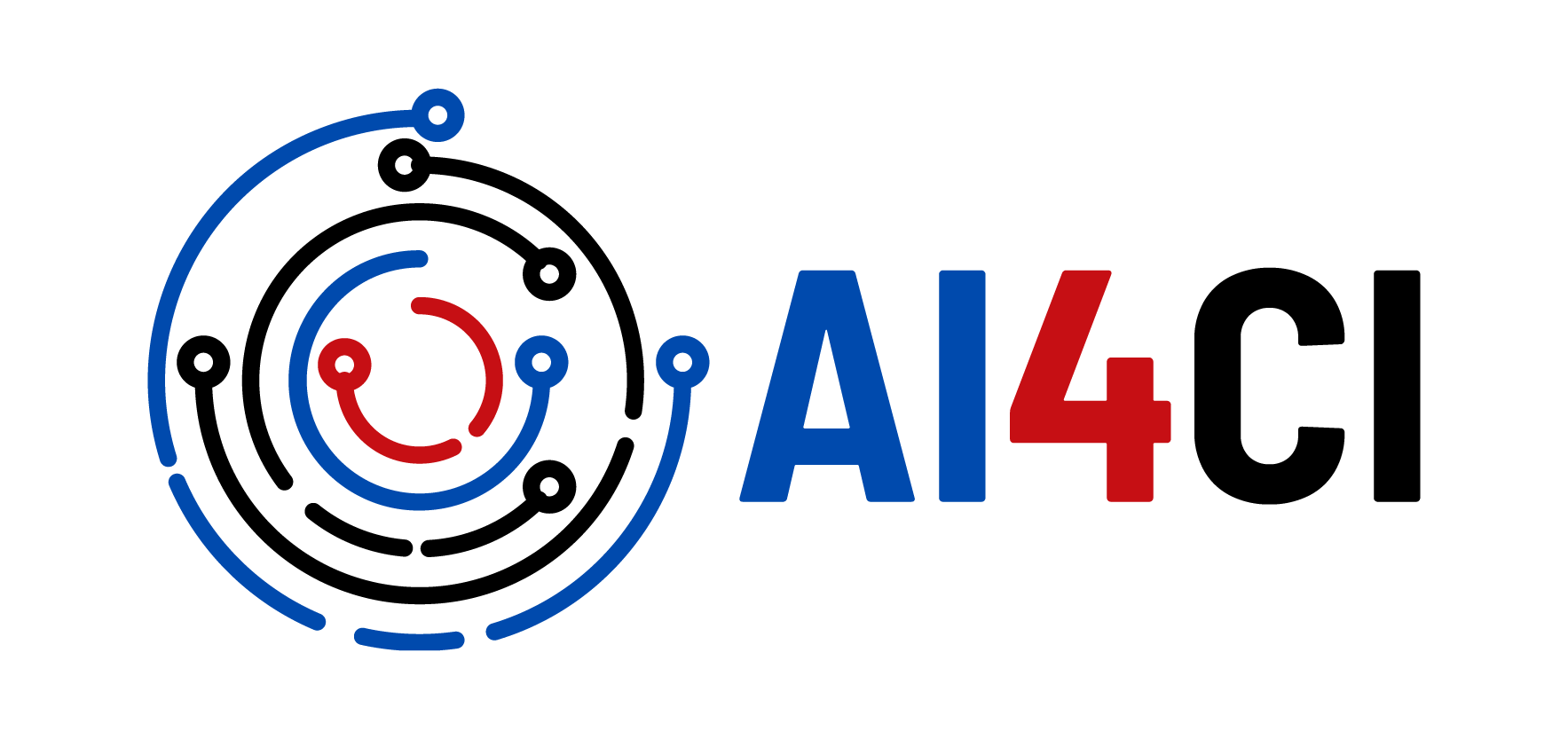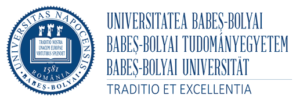
Keep up to date with our innovative initiatives.
Sign up here

Started at: 01-11-2023
Ends on: 31-10-2028
Budget: € 4 897 140.16
Areas: AI-Driven Systems and Distributed Artificial Intelligence (DAI)
The AI4CI project aims to support European educational institutions in creating a new joint master’s degree program focused on applying Artificial Intelligence to Connected Industries. The technologies adopted in Connected Industries, including programmable network devices, embedded systems, robots, Industrial Internet of Things and Cloud Computing, are rapidly evolving and present specific challenges in integrating distributed and in-network AI algorithms. They include, for instance, extremely low-latency and high-reliability environments, network synchronisation, constrained computing for AI execution, and deterministic execution guarantees. The project aims to provide a cutting-edge, up-to-date master curriculum that covers all the latest advances in the design and operation of AI systems integrated with the Internet of Things, Cloud Networking, and Robotics technologies shaping the Connected Industry. The primary objective is to train at least 500 new experts in AI technologies for Connected Industries to reinforce the EU industry and scientific ecosystem and to graduate at least 250 among them. The joint AI4CI European master is designed to be deployed in 4 countries at 7 universities, with the integration of 5 SMEs and 3 research centres, one of them the i2CAT Foundation, supporting training activities and student professionalisation. With a rich and complete two-year program, AI4CI entails 14 core courses and 18 elective courses. It builds on a strong integration of academic and industrial expertise and provides remote teaching and tutoring of experimental projects: SMEs, research centres and academia collaborate in the 17 targeted Short-Term Courses on recent topics in the field with strong specific industrial connotations.
i2CAT participates in the project’s different Work Packages, focusing on Work Package 3 – Task Force on Artificial Intelligence and Automation; and Work Package 4 – Task Force on Internet of Things and Cloud Networking. Work Package 3 is devoted to teaching and training activities on Artificial Intelligence in constrained connected industry environments. Technologies for these environments have been emerging from R&D departments for more than a decade, but since the massive integration of AI in cloud and IoT computing, connected industrial systems have recently undergone a technological fusion with AI.
Work Package 4, coordinated by the Universitat Politècnica de Catalunya, aims to plan and execute the teaching and internship activity of implementing all the modules and STC courses related to IoT and cloud networking. It will guarantee the programs’ coherence and alignment with the contents and aspects of IoT and cloud networking, from fundamental ones to those more specific and affected by the integration of AI in closed-loop network automation.
AI4CI can potentially bring some important benefits to society and strengthen competitiveness in different ways. Some of the key ways in which the project could contribute to these goals include:
By following these steps, AI4CI will be able to create a digital skills training program that effectively meets the needs of the local workforce and entrepreneurs and maximizes the potential of the research centres and digital innovation hubs. AI4CI aspires to achieve more than 500 trained persons during the project.
“Funded by the European Union. Views and opinions expressed are however those of the author(s) only and do not necessarily reflect those of the European Union. Neither the European Union nor the granting authority can be held responsible for them.”

















The AI4CI project is co-funded by the European Commission, Digital Europe Programme, under the grant agreement number: 101123524